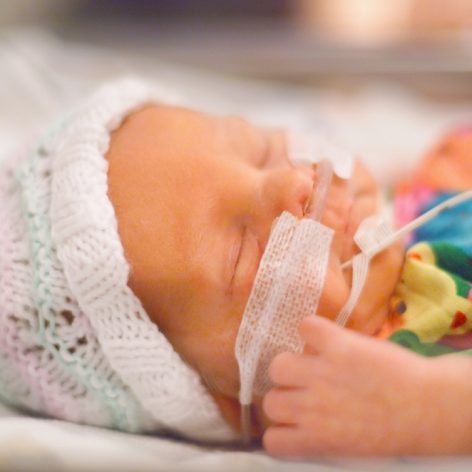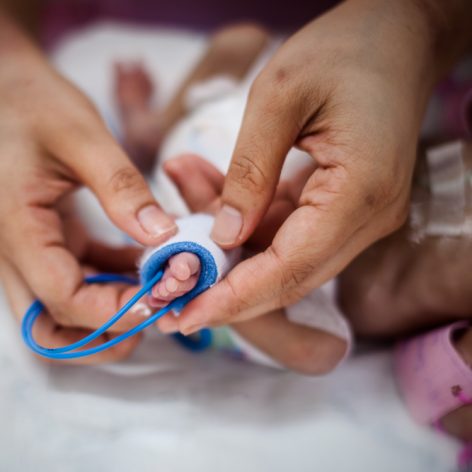The Dutch cabinet has allocated €200 million from the National Growth Fund to a public-private consortium that will research ‘microbiomes’ and their economically interesting applications. The subsidy from the Growth Fund, in addition to €150 million contributed by the dozens of consortium participants themselves, will support the activities of a national ‘Holomicrobiome Institute’ to be established over the next ten years.
In the Holomicrobiome consortium, ten Dutch universities, five university-medical centers, four universities of applied sciences, and many other knowledge organizations will work together with dozens of small and large companies (including Danone) and societal organizations.
International Leading Position
Thanks to the new Institute, the Netherlands will be able to strengthen its international leading position in the field of knowledge about ‘microbiomes’ ― communities of micro-organisms such as bacteria, fungi, and viruses that are essential for the health of humans, animals, plants, and the environment. This knowledge will produce many applications that will contribute to sustainable earning capacity and to health, sustainability, and circularity in the Netherlands.
The cabinet made the financing decision on the advice of the independent National Growth Fund Advisory Committee. In its advice, the committee sees the economic and societal potential of the microbiome research field, the strong scientific starting position of the Netherlands, and the innovative cross-domain approach and involvement of the business sector.
The part of the Growth Fund allocation intended for the second half of the planning period (€140 million) has been awarded on the condition of positive outcomes on several criteria at the end of the first phase.
Cross-Domain and Sector-Overarching
The Holomicrobiome Initiative is unique worldwide because it brings together microbiome research from all scientific domains and business sectors in one institute. Currently, this research is still carried out separately across distinct medical, veterinary, agricultural, and water-related sectors.
This compartmentalization currently leaves much knowledge unused and also maintains uncertainty about how complex microbiomes in various sectors influence each other. Micro-organisms move between soils, crops, food products, water environments, (agricultural) animals, and humans. A joint, integrated approach will lead to innovative applications of micro-organisms and at the same time provide clarity about their safe implementation.
Innovative Microbiological Applications
New microbiological applications can range from more environmentally friendly crop cultivation methods to improved animal feed, from healthier food to reduced antibiotic use, from measures against water pollution to limiting the emission of greenhouse gases and fertilizers (such as nitrogen) into the environment. Some of these microbiological applications can replace old, chemical-based approaches.
‘The Holomicrobiome Institute will, for the first time, look at microbiomes in a complete food system. It connects knowledge about places that have so far been researched separately and scientific worlds that are still working apart from each other,’ says Prof. Dr. Marten Smidt, professor at the University of Amsterdam and coordinator of the initiative. ‘This will help companies to innovate and governments to design regulations that make the application of such innovations possible.’
According to Guus Roeselers, Senior Team Leader Microbiology at Danone Nutricia Research, ‘the Holomicrobiome Initiative is breaking new ground by studying the interconnected world of microbiomes—from soil to our plates. Imagine a holistic view of how tiny organisms impact our entire food system!’


